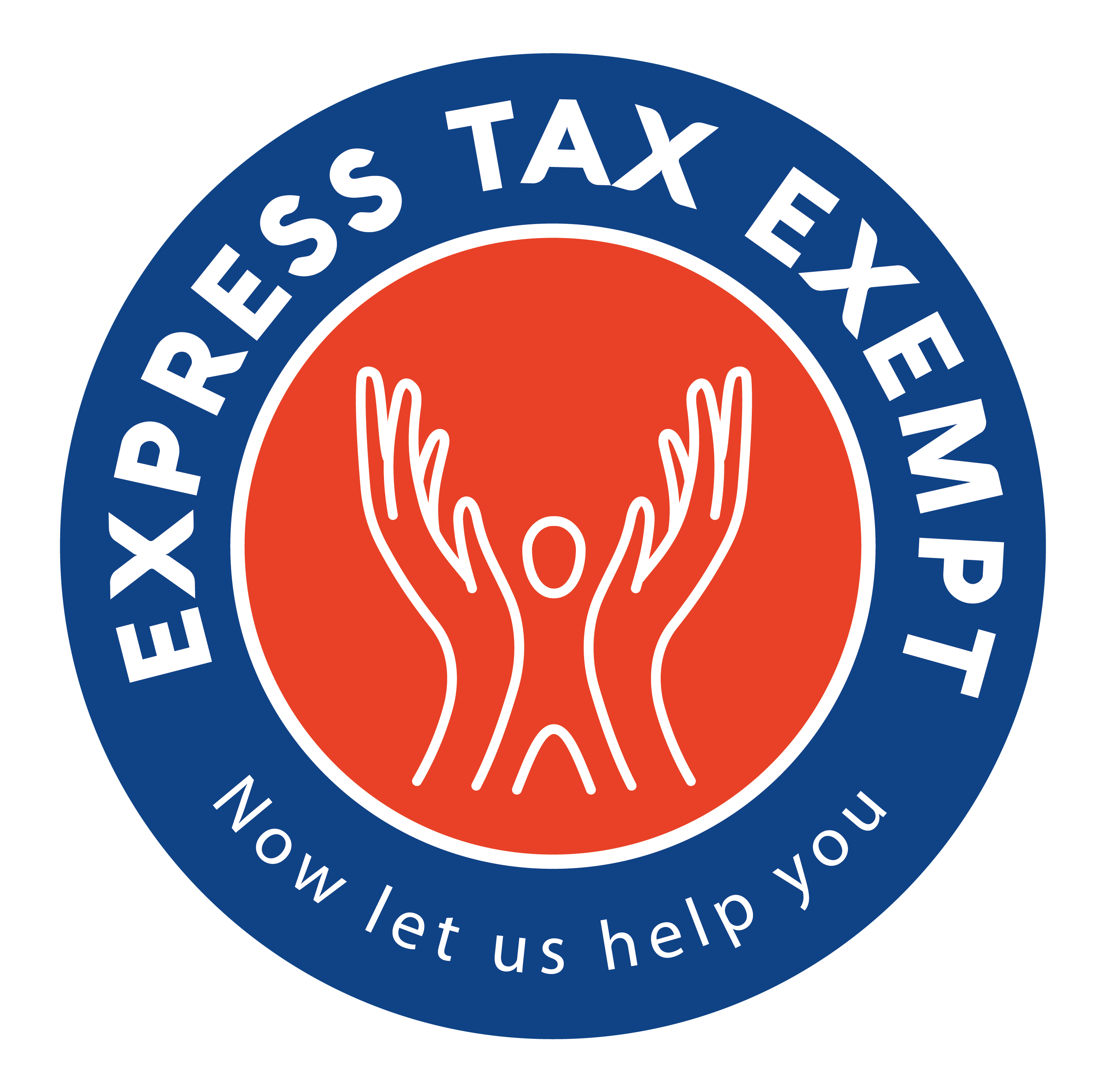What Does It Mean: Failure To Meet A Public Support Test
Sometimes your curiosity gets the best of you and you want to know the answer to this question: What does it mean if an organization failed the “public support test”?
These are the answers you have been searching for…
Here is an interesting tidbit, I bet many non-profits did not know, the default rule is that all 501(c)(3) organizations are private foundations unless they qualify as a public charities. Which is mean, unless your organization passes the “public support test” you are otherwise classified and governed as a private foundation. And private foundations are subject to more restrictions and have to pay taxes on investment income. Thus qualifying as a “public” charity is very beneficial.
There are two tests that an organization can use to determine if they pass the “public support test”; donative charity test and gross receipts charity test.
The donative charity text stipulates that a charity must normally receive at least 1/3 of its total income from government grants, grants from other public charities, and from members of the public. A caveat is that there is a 2% limit on the amount of funding from any one donor, foundation, or corporate funder that can be counted toward the total.
The gross receipts charity test to see if it normally receives at least 1/3 of its total income from government, grants from other public charities, from members of the public, or from revenues generated by activities within the organization’s exempt purpose. The caveat is that this test places a limit on the amount of investment income that the organization can earn. The organization cannot have not more than 1/3 of its total income can derive from investment income.
These test are review year after year. If you meet the public charity test in 2013 tax year, you will be classified a charity for the 2013 and 2014 tax years. However, if you do not pass the public support test in 2013, your organization will be classified as a private foundation for tax year 2013. If you believe that the classification of a private foundation should not be applicable to you, then you should the IRS.


